Bonnie is licensed in both Ohio and Kentucky, specializing in residential, commercial, estate sales, and investment portfolios. Bonnie won the Best Of Zillow award for her customer reviews and sales in 2020. She also won Rookie Of The Year and Top Earner award for Ken Perry Realty in 2020. She is a proud member of the Cincinnati Area Board of Realtors Arbitration and Grievance Committee.

Referral 101:
How to Make Passive Income Through Agent Referrals
The relationship you will have with other agents can take on many different forms. Most commonly (and appropriately) titled, cooperation, or “co-op,” for short. When you read the MLS details on a listing, you look at the commission share for the selling agent (or if you don’t practice doing so, I highly encourage you to start).
Perhaps you approach a For Sale by Owner and ask them if they are willing to “co-op with brokers,” meaning-“…if I bring you a ready, willing, and able buyer, are you willing to compensate me?”
But what about referrals outside of the transaction herein, or out of state? Or a client from out of the country? How do you go about properly asking for compensation for those sorts of deals?

Meeting your cooperating agent or broker for lunch or coffee will reinforce the relationship, instill trust, and encourage future business deals together.
BUT HOW DO I ASK FOR A REFERRAL FEE?
Your brokerage should have a form they use to make a formal request for compensation for a referral. If your office doesn’t have a proprietary version, your local MLS or Board should have something you can use. The National Association of Realtors offers a detailed referral agreement found here. Just the other day an agent in my office approached me. An old friend from high school contacted her and asked her to see some houses in another state. This agent is not licensed in that particular state.
The good news is that I happened to be licensed in this bordering state. This agent and I then agreed to a certain “tip fee,” or referral fee once the sale had closed. We pulled an agreement from our Dotloop library and signed it electronically, reflecting a referral fee that we both felt comfortable with.
However, think about the opportunity when you are licensed in multiple states, whether through reciprocity or otherwise. You can’t be legs on the ground when you’re a hundred miles away. However, much like the thousands of agents who pay for lead-gen in their business, building relationships with out-of-state brokers and agents can result in a handsome payout at closing.
I welcomed this new client (who I had yet to meet) with open arms. I had confidence in this referral share because the agent was top notch and I had worked with her dozens of times before. This was a referral was on a smaller scale, with a client looking in a state just 15 minutes from her licensed state.

Forming referral relationships with cooperating agents will extend your reach in the marketplace, adding value to your clients as their trusted real estate resource.
Unfortunately, the way most referral agreements are structured, there is no up-front compensation. There is no payment for time or travel expenses. You are only paid your referral fee if the deal closes. This in and of itself gives you a reason to only form a referral circle with agents you trust. You need agents who will bring value to your business offerings.
The agent you refer your client to is a direct reflection of you. You want agents who are going to go to bat for your clients with the same passion and commitment that you do. Once you pass along your client to a referral partner agent, you are no longer their agent. Make sure you are placing them in capable hands, because when it’s time to leave that Zillow review, your name just may become top of mind.
About the Author
Recent Posts
Let's Stay Connected
Follow us on and become part of the PREC community
Never miss a tweet by connecting with us on Twitter
Check our our posts about trends in real estate industry and market







